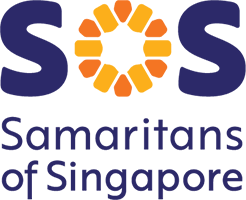Suicide is a major public and mental health concern in communities around the world. According to World Health Organisation (WHO), it is estimated that approximately 700,000 people die from suicide each year. In Singapore, there is at least 1 suicide a day and it is estimated that for every life lost to suicide, up to 80 next-of-kin, friends and acquaintances can be affected (IASP). Suicide is the leading cause of death for young persons aged 10-29 in Singapore. For every suicide death, there is an estimate of 20-25 attempts (WHO) and in Singapore, the statistics do not deviate too far based on our ground experiences and observation.
The first national survey on suicide, a perception study conducted by SMU published on 9 May 2022, found that 8 in 10 persons associate suicide with stigma. Overall, more than 3 in 4 Singaporeans (77%) rate their level of knowledge about suicide as below average. People with more intimate connections to suicide (from immediate family to relatives to friends) cite “no outreach or education” as the top reason for their low knowledge levels. For everyone who would avoid someone suicidal or in a crisis, more than 70% say it is their fear of making the affected person worse, their lack of ability to do anything, and their lack of knowledge.
Suicide prevention is everyone’s business. This technical skill competency to engage and respond appropriately is critical for any person especially those who encounter many people in the course of their work, community or personal life. They may be the first contact or touch point for those in suicide crisis or emotional distress. There is a need to cast a wider safety net within the community by strengthening social bonds and creating more safe spaces for individuals to seek help.




